|
Words Have Been Uttered Directed by Sunil Shanbag Written by Sunil Shanbag, Sapan Soren, Irawati Karnik @Prithvi on 31 Dec 2018 from 20-22hrs Today I finally got to watch first play directed by Sunil Shanbag at Prithvi - a late night show - before I retired into my room in Sun-n-Sand hotel after a hectic day. Multi linguistic, multi media, multi geographical ... multi faceted performance Two hours of power packed play - with 10 mins of break - takes the audience through a thought provoking journey with collection of narratives, poems, folk songs, and scientific dialogues. Sunil Shanbag, part of Tamasha theatre, introduces the play with a word that weaves and summarises the play - 'dissent'. He suggest dissenting, or having an opinion that is not mainstream idea, has been an integral part of society. A reason why so many social, political and cultural changes have emerged over so many generations. Dissent is an important part and a big reason for good democracy. The performance uses diverse audio-visual mediums such as powerpoint, live music and songs that would touch and move you. The long list of materials used in two hours (see photo below) includes a folk song Landays (see photo below) from Afghanistan sung by girls and women. Then, use of Bhakti poems translated in English, Hindi, humorous narration of Ismat Chughtai's narration of Lahore court case tried in early 1940s, and Galileo arguing with Copernicus .. the performance criss crossed across geographical areas, gender, communities and centuries with diverse language use - Punjabi, Afghani, Urdu, Hindi, English.. An excerpt from Marathi play Ambedkar viruddha Gandhi, Bob Dylan's The Times They are Changing, heartwarming satirical song/poem about the land eviction affecting adivasis/ tribals benefitting corporates, reading Dear Democracy and Jashn-e-Ghalib with emotions and beautiful voices of Priyanka Charan and Nachiket Devasthali were power packed reminder that dissent matters! Synopsis of Script - Sharing with the Audience At the end for the play rarely you'd see the director and artists distributing collection of performance - it was a surprisingly beautiful gesture to see dozens of photocopied book with some of the narratives from the play being distributed among audience. I'd upload five snapshots from the book (see above). Nothing can be as memorable as to see the hard work of the curators being shared with a wider audience! A highly recommended play - don't miss it and feel free to dissent but do 'listen' first. Creative Commons to the core and I love such work of artists :-) 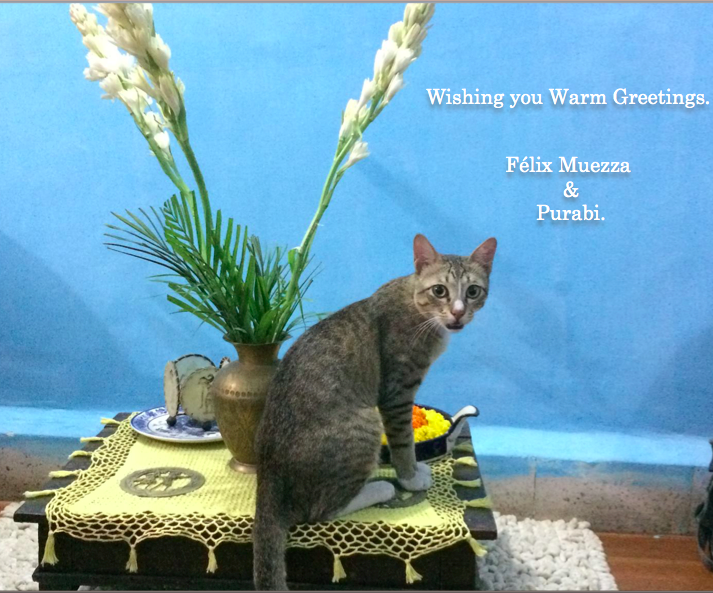 Felix (Narcos/ Netflix), 7m tabby kitten, last month he changed my status to human slave .. wishes meow to all :-) Felix (Narcos/ Netflix), 7m tabby kitten, last month he changed my status to human slave .. wishes meow to all :-) Next play in January 2019 Next week i.e. January 9th 2019 I'll be watching another play, titled Deewar and written by Prithviraj Kapoor, is directed by Sunil Shanbag, which was premiered at the 40th anniversary of Prithvi festival. I missed most of the events due to my film screening events in Scandinavia. The only play I could catch during the festival was Jam by Harkaat studio, which I've reviewed here in Culture Call. I won't be reviewing Deewar - you can read this review here via The Telegraph's review.
0 Comments
Tuesday evening @Prithvi Theatre: Two Events Urdu Mehfil - 19:00 to 20:45 hr - a panel dialogue in English/Hindi/Hindustani/Urdu by Danish Husain's Hoshruba Repertory The Truth - 21:00 to 22:40 hr - a play in English by Naseeruddin Shah's Motley troupe Bombay à la nuit The play ended at 10:40 pm . All my attempts to get Ola/ Uber to reach D N Nagar Metro failed. It's 11 pm and me still standing on Juhu Tara road. There is no chance to get the last Karjat fast local. Finally at 11:15 pm I get a shared Ola to drop me at Ghatkopar station, but not before dropping the other shared passengers and picking up another lady from International airport. At Ghatkopar, I'm the only woman at the railway platform waiting for last Ambernath local expected at 12:28 am. It would take me another one hour to reach station .. then finding an auto-rickshaw to reach apartment. Of course, my brother remotely kept checking on me from another city via WhatsApp till I arrived home at 1:45 am. The Ola shared taxi driver - I'd kept him engaged in a discussion like any Sociologists. He was happily sharing all his frustrations about no outcome of Ola/Uber strike(s) and why lack of political empathy of Maharastra government's intervention is hurting taxi driver's problems. The Railway police (RPF) guard in his early twenties, on duty, had only me as his companion in the ladies compartment Ambernath local train. The young auto-rickshaw driver at the railway station immediately recognised me - the lady who occasionally arrives late night and gives him an extra tip - a dual rarity in a place like Ambernath. Three hours travel from Juhu to reach apartment to cuddle with Felixé Muezza, the kitten. All in all, six hours of to & fro travel for 180 min event worth it! I'd used travel time to write my quick n dirty reflection of a lovely Tuesday evening. THE TRUTH In 2017 I'd watched Motley troupe's play 'The Father' at NCPA Experimental. I can watch it again and again if Naseeruddin Shah remains the main protagonist! Le Père (The Father in french) and La Vérité (The Truth) is penned by Florian Zeller. Florian is one of France's contemporary playwrights and has also written a novel - La Fascination du Pire (The fascination of Evil) which was selected for Goulimard and created nice controversy. My French course teacher in Montepellier had asked to read this book in 2005. I have not yet read it.. Anyways, coming back to Florian Zeller the magic he creates in his playwright I think directly reflects in the success of plays. The Father brings out amazingly the world of dementia and Naseeruddin Shah did an amazing work as André, the protagonist just like his fantastic co-partner Ratna Pathak Shah played the role of his daughter. The Truth, keeps audience confounding through out 90 min performance. Once again both Naseeruddin Shah and Ratna Pathak Shah along with Shruti Vyas and Gaurav Sharma holds audience's breath spinning out emotions. I am unable to place this play into one water-tight genre - its not entirely comedy - it smoothly bring out the nuances of lies through the different meanings and contexts of what is truth and for whom. In brief, how comfortable are we with truths and human instinct to get angry with truths - this and more gets untangled in this play. The script's magic has been wonderfully turned into a beautiful performance with production design. The single set becomes diverse locales with constant change of sets and props without any glitches... credit goes to the amazing background team for creating a beautiful ambience taking audience through imaginations and into the world of protagonists. A must watch play - highly recommended. URDU MEHFIL (check out more detail about Urdu Mehfil in my November 2018 blog)
As I'd mentioned in earlier blog my knowledge of Urdu literature is next to zero. Therefore, Urdu Mehfil is an excellent place for a novice like me to fill up that gap nicely. Today's 90 mins of mehfil was the best I could've asked. Each of the panelists - Jameed Gulrays and Danish Husain, and the Urdu scholar Lakshman Sapre nicely moderated this event on satire and humour in Urdu literature. Jameed Gulrays shared the nice trajectory of how satire and humour has been introduced in Urdu literature and read out interesting pieces from Urdu poets and playwrights. Lakshman Sapre ensured that the discussion takes the shape moving between what we understand as satire and humour and its take by Urdu as a language. Danish Husain kept the humour level high and shared interesting analysis of how the term satire and humour emerges and the way famous Urdu literature scholars use humour - i.e. done by breaking a pattern of rhythmic the thinking of audience by taking them as a surprise. He narrated few dialogues of Ibn-e-Insha's play that he had adapted, directed and played 'Urdu ki akahri kitab '. Although I've seen his play but soon realised that hearing the dialogues again - I'd missed so much of the context. Another Urdu reading by Danish that touched me was Manto's essay/ take on Ashok Kumar's directorial film Aath Din (Eight days) - humour embedded in Manto's writing was so hilarious to hear. I really wish this mehfil was video and audio recorded - such a superb event that you wish to re-look and hear it again. This would be my suggestion for future events - if not streaming live at least video recording and uploading in social media would help not only to document such wonderful event(s) which other wise is inaccessible to many, but also create a better understanding of what to expect in Urdu Mehfil's monthly (second Tuesday) event. The next Urdu Mehfil i.e. Tuesday, 8th January, 2019, if I grasped correctly, will be dedicated to Fahmida Riaz (1946-2018). For those who don't her, just like I didn't knew about her.... she is regarded as a feminist progressive writer - a poet, fiction writer, but also brought new standards in Urdu literature movement. My next Culture Call picks for this month are: a) Films - 16mm Film Festival weekend - 15 and 16 December at Harkat Studio b) Dance - Madhavi Mudgal and Vaibhav Arekar - 16 December NCPA I've to drop out because I'm going for above 16 mm festival. Interested? Do get the ticket from me for free! c) Dance - Mallika Sarabhai and Geeta Chandran - 21 December at NCPA d) Play - Words have been uttered by Tamaasha Theatre - 31 December at Prithvi Theatre 2 reviews:'Tracing the Era of Urdu Theatre' by Danish Husain, & 'A Farming Story' by Faezeh Jalali11/13/2018 November 13, 2018 TUESDAY: After solo trekking for a week in Agonda and then travelling 14 hours in an overnight bus to reach Ambernath late afternoon with a nice back ache....... I'd little physical energy to pack my evening to travel again to and fro four hours all the way to Prithvi Theatre, Juhu. How could I've missed two back to back events! Another excitement was in sharing some of my favourite Mumbai artists with my nephew, Savyasachi Anju Prabir, who is currently in town on holidays from his Masters degree on Visual Anthropology, Media and Documentaries course in Munster, Germany. Here is a quick review of the two events from my Culture Call lens. EVENT # 1 Tracing The Era of Hindustani/Urdu Theatre Shama Zaidi, Jameel Gulrays, and Salim Arif in a conversation with Danish Husain tracing the early days, and the principal architects of Hindustani-Urdu theatre with focus on Mumbai. The speakers were not formally introduced. That probably because they are well-known personalities in theatre. Danish Husain of the Hoshruba Repertory began the Urdu Mehfil conversation by first giving the floor to Shama Zaidi - an eminent journalist, theatre and film personality. To summarise, Shama Zaidi emphasised on how Urdu theatre's origin has been influenced by Sanskrit theatre - and in turn influenced modern Indian theatre including in various other countries. Salim Arif gave a better perspective to audience about how Parsi companies found the commercial interest in Urdu language although adopted the architectural set up of the theatre from the West. Interestingly, the Hindustani-Urdu theatre did not limit to Mumbai but travelled across the country through these companies. Jameel Gulrays detailed powerpoint presentation highlighted the influence of Agha Hashar Kashmiri in Urdu-Hindi theatre, in particular Yahudi ki Ladki published around 1915 and later was adopted in Bollywood film, while his first play, Aftab-e-Muhabbat, was published in around 1890s. For an novice like me, I liked his presentation. Danish Husain facilitated the event by highlighting the historical timeline since late 17th century - taking note of influence of trade, space, theatre companies among others - that shaped Urdu theatre in India. This is my first time at Mehfil@Prithvi. My knowledge about Urdu theatre history is next to zero. Its a shame that we'd to leave after an hour to grab a quick snack before the next show. Yet, during my one hour of attendance, I felt that Danish could've moderated the first two speakers' talk - to streamline their thoughts focussed on the topic. The last part of panel discussion and conclusion that I missed makes me curious to learn more about how Urdu-Hindustani theatre personalities have adapted during the British era and the changes that occurred since then... and its impact till now - in writing as well as in performance approach. Such a powerful talk one would expect to draw a huge crowd, but less than a dozen audience in the room makes me wonder whatever happened to Mumbai's interest in such cultural events. So, if you are reading this post do spread the word and join this event every second Tuesday of the months and guess what its in bilingual (English and Hindi) and open to all and for free! Urdu Mehfil is curated by Hoshruba Repertory under the aegis of Prithvi Theatre every second Tuesday of the Month from 7pm onwards at Prithvi House, Janki Kutir, Juhu, Mumbai. EVENT # 2
A Farming Story by Faezeh Jalali Jalali's two previous plays - 07/07/07 and Shikhandi - the story of in-betweens had mesmerised me (see my previous Culture Call posts to read its review). She created a tremendous expectations from her earlier hits. One hour 40 minutes play with a ten minute break, A Farming Story, is an English play written by Vineet Bhalla. A kind of fantasy story about the current state of affairs reflecting on human beings' struggle. As the synopsis reads: A small community of farming Hummals (human animals) is struggling to survive after environmental conditions have resulted in repeated crop failures. The villagers of this community are in debt to the Estate which owns all the land. Into this world arrive Hummal monkeys, fleeing from devastating forest fires. They hope to find refuge in the village. The villagers are deeply divided about this. When a mysterious disease destroys the community's livestock, the Estate blames the monkeys, who are then, imprisoned. What ensues is a fight not only for survival, but also beliefs of compassion, bravery and wisdom.Their world eerily reflects ours, with all-powerful corporations, environmental damage, genetically modified seeds, abject poverty and mass migrations to cities. Here's my take: the actors were fabulous. The use of props and stage is just relevant and beautiful. The hairstyle and vintage props couldn't have been more apt. The fundamental challenge I think is with the script. It looked more of a film script. The first 30 min of the play just dragged and it became a long introduction without music, satire and with too much of dialogues. Some elements were not essential.. for example, the fighting sequence absolutely didn't fit in the play. I was hoping to see the magic of Jalali. It failed, although not completely. Something is missing in this play... One of the female protagonists in a wheel chair brings out an underlying Jalali's signature - gender/women dimension. I didn't find any moment in the play to laugh - though some people in the audience were laughing... it made me wondered what was I missing! With my expertise in forest land tenure and gender expert, 'A Farming Story' sounds like a perfect fit for any International Development organisations' outreach message. In other words, there was too much moral of the story and theatrical dimension got lost in the process. As such I'd recommend you to go watch it for the sake of the social equity issues - combining migration, forest fire, GMO, community land rights etc - that this play raises. Yet, this is not a direct political theatre about staging a revolution. As for theatrical experience this play could've been fit in 45 min. The script is the main culprit. Otherwise, A Farming Story is a relatively nice play even though nothing extraordinary in the storyline. Both the events - UrduMehfil@Prithvi and A Farming Story - reminds me of how theatre in India lost its 'social activism' tag, which used to be prominent in 1970 and gradually disappearing by 2000. Do read this piece 'Staging a revolution: can theatre be an effective form of activism?'.. questioning how the arts effect social change. Post two back to back events in one evening it was nice to get an opportunity to reflect while we both hogged prawn gassi with appam at Mahesh Lunch home restaurant around 11:45 pm in Juhu! That's only possible in Bombay! This post is part of Culture Call www.purabibose.com After a low-key Onam sadya*, I'd a beautiful evening listening to storytelling, i.e. Qissebaazi in Urdu language. Theatre events in Mumbai used to be known for its punctuality. This is changing rapidly. Today's show got delayed nicely by 20 mins - when it comes to timing I am more Dutch than a Dutch citizen and I arrive 20 mins before time! Anyways, during this 40 mins waiting time I'd a chance to continue playing on phone 'Godot Godot' - with 8 year son of my friend. He acts Pozzo and I'm his Lucky .. This is my second blog on Qissebaazi already in three months! In May, while dealing with Mumbai summer wave, I'd watched for the first time Qissebaazi and I spontaneously became a fan. Since then I have been following this unique storytelling show in Mumbai, which is directed by Danish Husain under his production company, the Hoshruba Repertory. A few days ago, my nephew suggested a couple of indie Hindi films (a fact that I watched more Iranian & Latino films than Bollywood Hindi films) and one of the suggested films I happen to watch on Netflix was Ankhon Dekhi.. a nice surprise to see Husain in this film and to learn he is also a film actor. The two performances lined up for today's event at Hive, the Great Eastern Company, Byculla, Mumbai were in Malayalam and Urdu languages. The uniqueness in appreciating this art form of storytelling lies in the idea to bridge the culture gap breaking language barriers. To me Qissebaazi is one of the most creative form of art using storytelling in a culturally diverse country like India, particularly, more so in this current political scenario. All my indie documentaries under the Landing Together films are multilingual primarily to have a culture of language inclusivity - showcasing diverse ethnic tribal and indigenous peoples' languages bridge nature conservation. For example, when I use different tribal/adivasi languages in my film to narrate a social issue, it brings a deep cultural meaning with power wherein language is not just to share the information/ story, but to show how it shapes protagonist's opinions, perceptions, customs, and builds (or breaks) collective identities. Probably that's another reason why I am better able to connect with Qissebaazi's unique format. Danish Husain's justification to tell stories in different languages works well because of the way he understands his audience and uses creativity in executing the stories. He does so by dividing each story into two languages. A 'core' language is that of the text, and a symbolic 'bridge' language often either in Hindi or English that helps the audience to comprehend the story. By bringing stories in original language(s) in front of an urban-literate audience raises a crucial question about their 'languaculture adaptability' i.e. how do audience from culturally diverse background understand a story in a foreign language that belongs to another culture. Padma Damodaran, opened her story with a Malayalam poem - a tribute to Kerala's fishermen who extended their unconditional support in disaster rescue operations during the recent floods. She picked up a beautiful story, 'Wooden Dolls', written by Karoor Neelakantha Pillai - of course, none from the audience (including me, I was born after his death) knew this famous short story writer. I'm not elaborating the plot here. Padma kept her audience engaged till the end - using Malyalam as core and English as the bridge language. I liked the structure of today's programme wherein Danish did the introduction, followed by Padma's dance-song-story, and finally Danish wrapping up with a nice dastangoi/storytelling from Dastan-e-Amir-Hamza in bilingual - Urdu and Hindi. You might want to attend one of this storytelling events. On my way back home - two hours train journey - looking at August's beautiful Sturgeon full moon made me ponder on how nature and art has been separated in Mumbai's urban setting. I wish we can have some daredevil artists taking their art events to beaches, forts and mountain camps and pushing the urbanites out of their pigeon holes to enjoy theatre, storytelling, dance in relatively natural settings.... But, I doubt whether mainstream audience is ready to leave their popcorn comfort zone of watching commercial Bollywood films. At least I am exploring option to screen my films in open sky theatre.. or forests. Till then time to prepare for my short film screenings, including one in India at Vikalp@Prithvi, Prithvi theatre, Mumbai on Friday, 26/10. *Onam is a harvest festival originated and celebrated in the southern state of Kerala. Onam sadya is a typical traditional homemade food to celebrate this festival. @purabibose.com The Godrej India Culture Lab has been churning out amazing events. I've been missing them due to my travel commitments. This week I'd blocked to paint the apartment, and for the 'Urdu Culture Now' event organized by the Godrej Culture Lab at Vikhroli, Mumbai. Just an hour journey by Ambernath local train, this event was a nice pre-monsoon break that was much needed from my DIY apartment painting mode. The event was nicely curated by a group of students, including two students of Tata Institute of Social Sciences (TISS), who were the first batch of Leadership Program Fellows. For me, it's always an honour to meet my humble motivating TISSian Profs Anjali Monterio and Jaysankar.. I still continue to draw inspiration from them and from their dedication in media and cultural studies. The event was a delicious kichidi of everything - almost everything - that comes under the umbrella of Urdu. It included: art exhibit, panel discussion, performances, and culinary delicacies. Exhibition The exhibit corner was small and nice with mix of poster work by Zeenat Kulavoor and Nasheet Shadani, books, Sound Zone, and even a Sticker corner - a sticker with your favourite poet's few quotes made a good take home souvenir. The Ghalib's famous quote printed in Urdu and Roman Script: hazaroñ khvãhisheñ aisi ki har khvahish pe dam nikle bahut nikle mere armän lekin phir bhi kam nikle magna Urdu aur mein It was Dec 1985: the first anniversary of the Bhopal disaster. My first-ever trip outside Maharastra. As a 10 year old I was the only child member of a singing group, Lok Sanskriti Kendra, which was somewhat an extension of a cultural wing of a political party. It didn't matter to me.. I was too young to understand politics, but the songs were motivating and I enjoyed the idea of going to places (Bombay mills union or farmer's movement) to sing! Proshanto da and Munni didi received an invitation for the team to sing at an event to mark the first anniversary in Bhopal. I was given a condition that my school class teacher of 5th standard/grade would've to give me permission! My class teacher was Hindi expert and her condition was I'd have to write an essay from my trip experience... something like Back to Office Report, but in Hindi! So I got a week's leave to visit Bhopal. We did the singing, and also were taken to field visit for meeting the families affected by the gas tragedy. As a child, I must have been in utter shock to see the impact of the disaster and began sobbing. Abba, one of the families who had lost his 8 yr old grandson in the Bhopal disaster, wanted to cheer me up. As an expression of love he gifted me one of his books in Urdu script with poems of Mir Taqi Mir, the 18th century Urdu poet. He made me memorize the name of this poet. He'd written my name in Urdu script on this gift book. It was a rich treasure for me and first familiarization with Urdu script. Urdu is one of the 12+ languages and dialects I think I understand ;-) Comprehending languages marks mastering in listening, talking, reading and writing - some languages I read and write better while others I can express/talk better. Urdu is the language that I am good at listening.. can't read and write, not yet. Panel Discussion The panel included poet Hussain Haidry, artist Zeenat Kulavoor, and Executive Editor of the Wire Urdu Mahtab Alam. I liked the way Annie Zaidi, writer and journalist, moderated smartly the discussion. A good line up but I guess there was no preparation among the panelist on the kind of discussion - it was more impromptu - which is fine, but wasn't knocking intellectual door. One reason I think for relatively weak discussion was that the topic of the panel was too generic. Hussain Haidry was asked to recite one of his poem by Annie, which he did brilliantly except that the last verse he was unable to recollect. Zeena Kulavoor I think is doing nice work with Urdu script, but she kind of failed to capitalise in sharing her talent - this was despite Annie's moderation in giving her a chance to share/describe with audience different types of formats of script within Urdu. Mahtab Alam tried to touch upon the issue of Urdu as a language and its existence, but overall the panel discussion revolved around Urdu in Bollywood. Or, perhaps I was expecting a bit too much from this panel. Performances Storytelling Danish Hussain created a good mood in the audience. He'd about 20 min slot, which in normal scenario is the time taken by the storytellers to build up a tempo with the audience. In brief, it was like a peck in the cheek As an amazing actor, he did his performance flawlessly - sharing information about Dastangoi and its historical transition over the centuries; how in 1881 first Dastan-e-Amir-Hamza stories published making it one of the longest written story; his theatre company the Hoshruba Repertory's approach of using multi-lingual storytelling; and finally throwing few examples of diversity of story telling - dastan-e-rokna, serafa, and aiyyari or trickery - all sweetly wrapped up in the limited given time. If one digs beyond Danish Hussain's storytelling its also all about making Urdu language public and 'marketable' - I'm using the term that Mahtab Alam had raised in the panel discussion. It was only a couple of weeks ago that I'd my first chance to see Danish's performance (read my blog Qissebaazi in May 2018). With today's glimpse I'm hoping to see many more in the near future. Pop music Pop-music and Urdu might sound like a strange bedfellows, but that's what Winit Tikoo is trying to proof the otherwise. I am not a pop music person, and anything new takes time for me to sink in. As such Winit Tikoo's performance was nice, and the audience enjoyed it. Always nice to see people with deep passion. He is one of them striving to compose music of Hindustani/ Urdu/Hindi poets independently as an artist. The traditional food, dawaat, was a nice arrangement (for an orphan/solo me). Food always is a good excuse to engage people to interact.
I loved this event and was glad to see it happening here in India/Vikhroli at the Godrej Culture Lab, which eventually (hopefully) will be a big plus towards building a creative commons. @purabibose.com |
Privacy Policy: We use Google Analytics to collect data to improve the Website. By using and accessing the website you are consenting to use of Google Analytics. All Rights Reserved.
ARchIvES
March 2019
CATEGORIES
All
Privacy Policy: This website uses Google Analytics to improve the Website. By using and accessing the website you are consenting to use of Google Analytics.
|
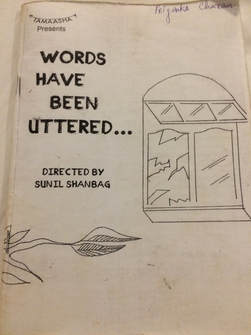
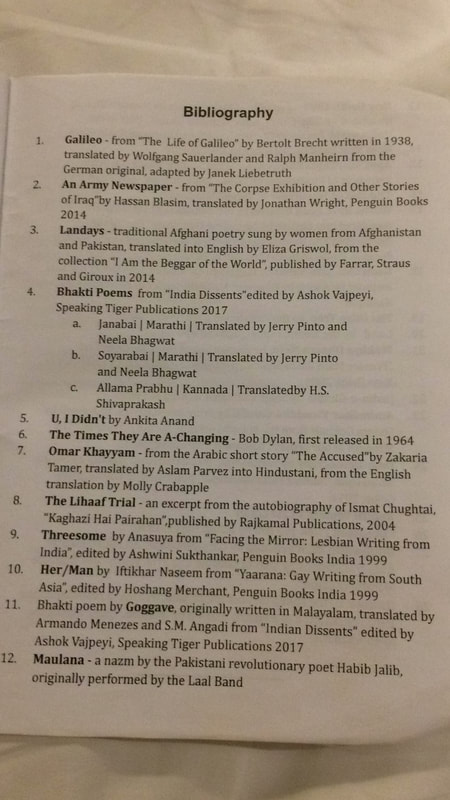
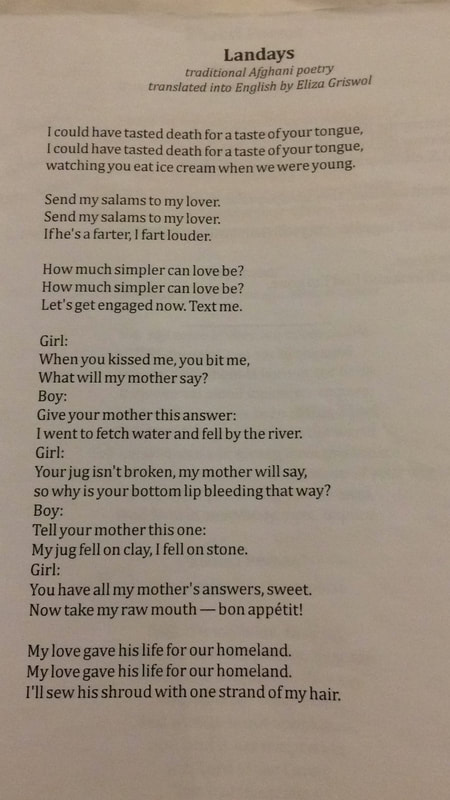
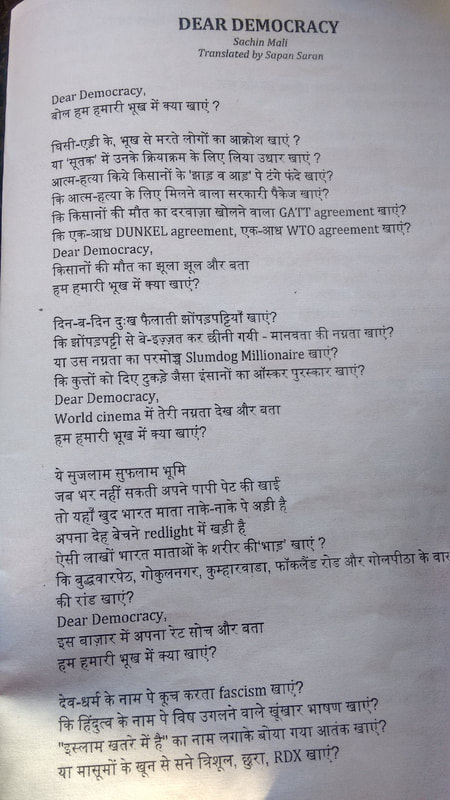
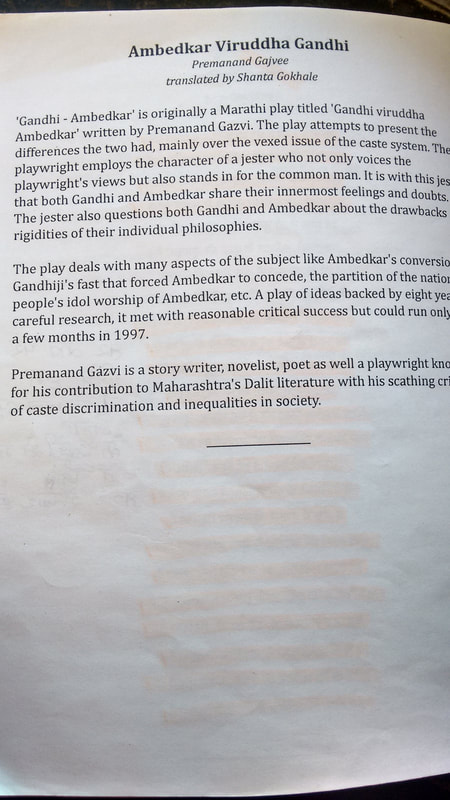
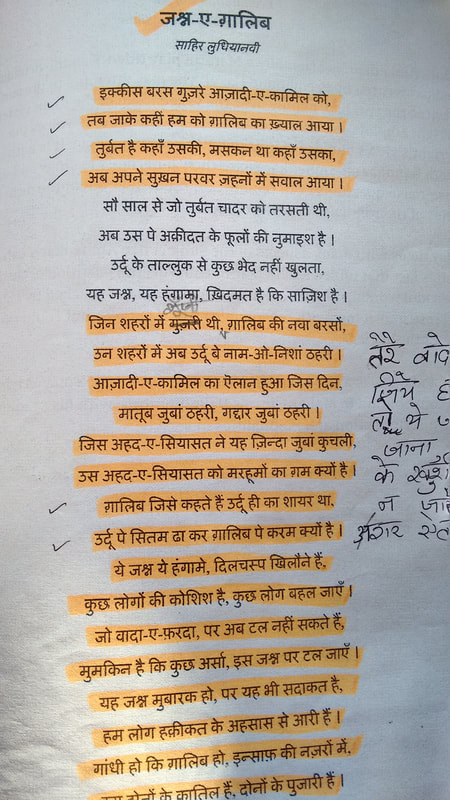
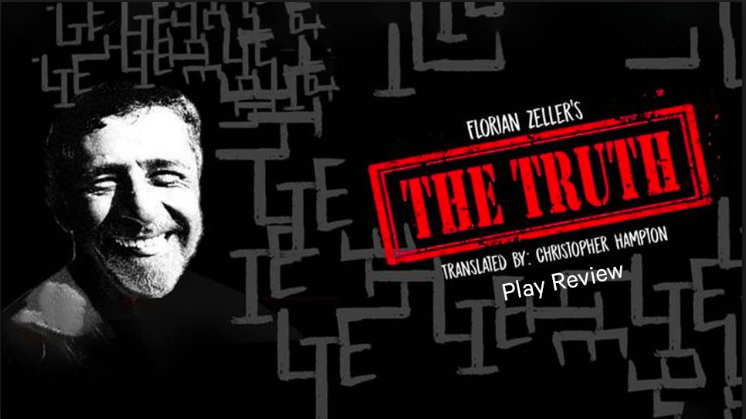
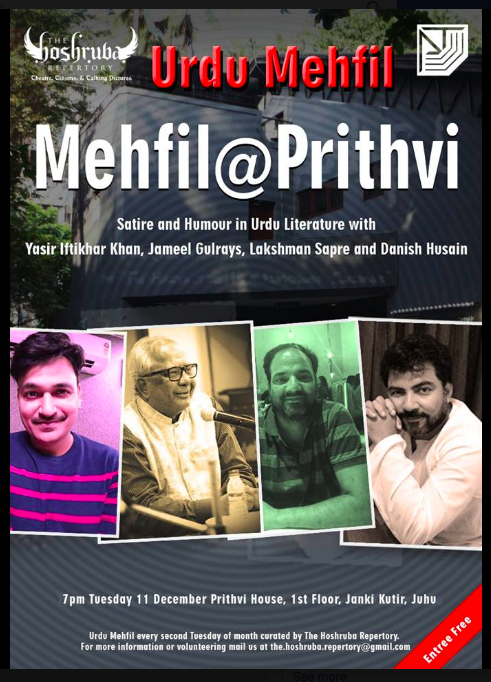
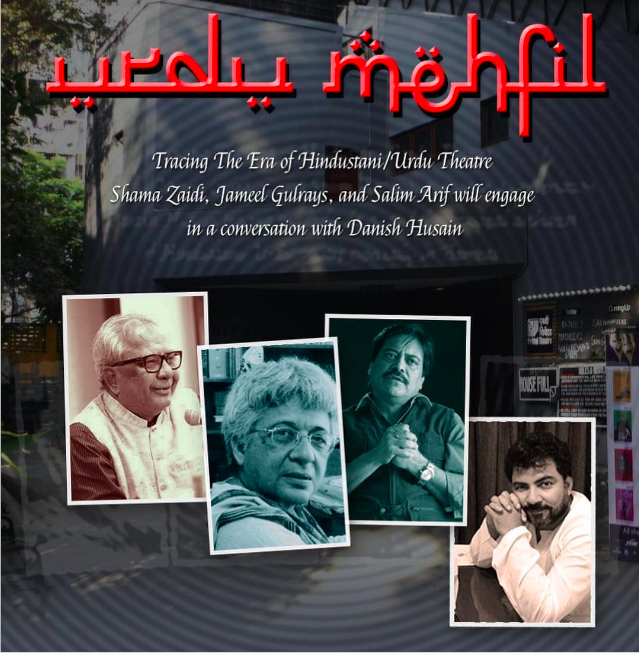
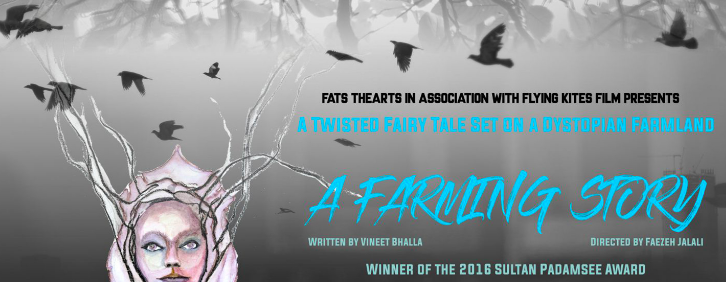
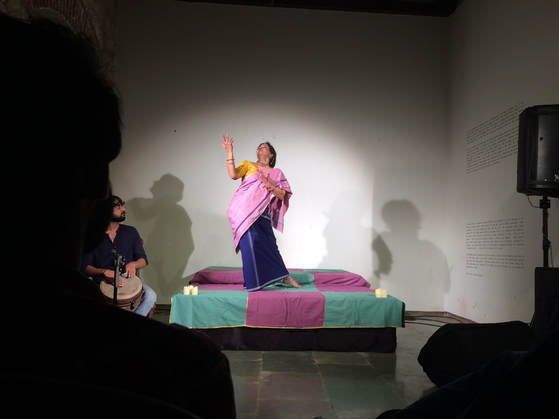
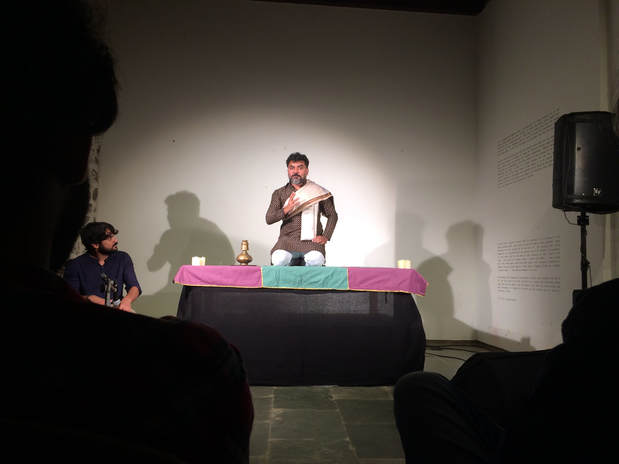
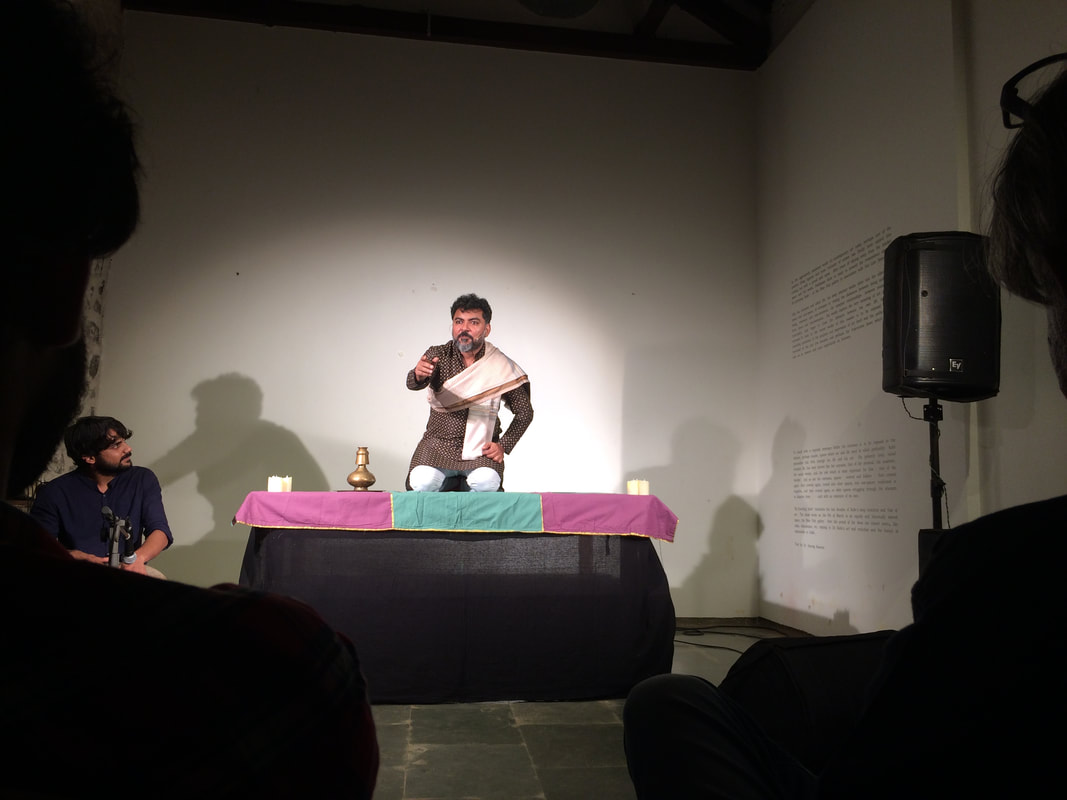
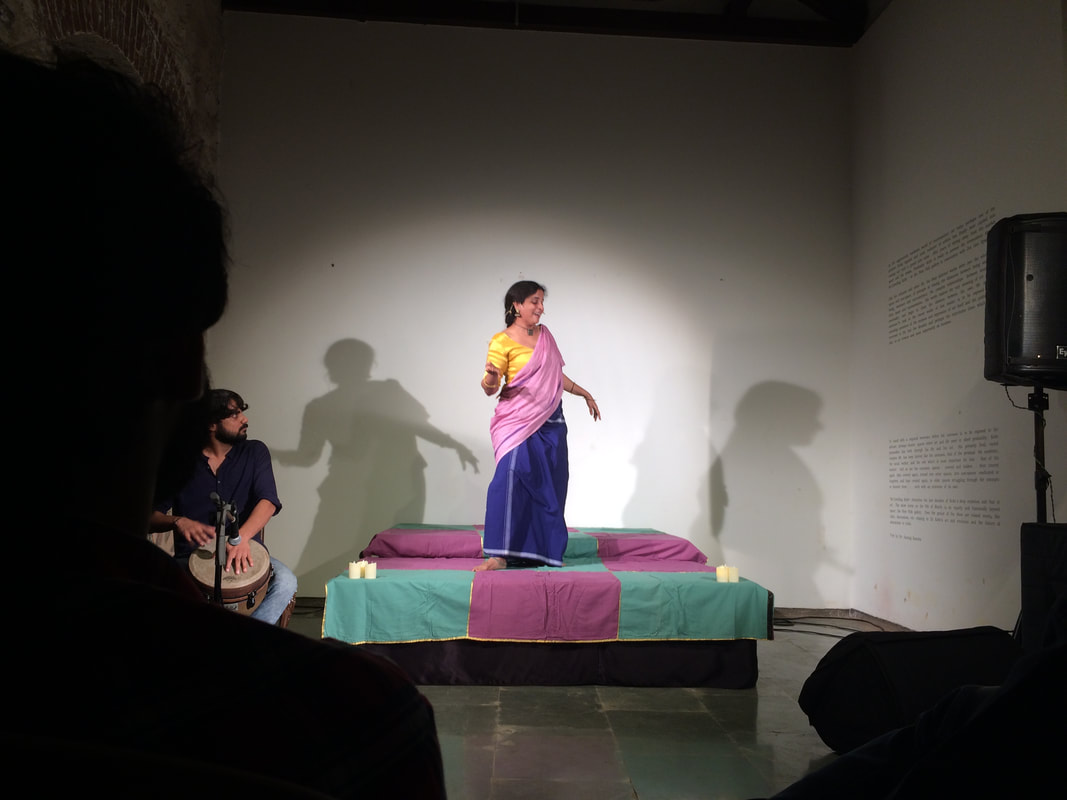
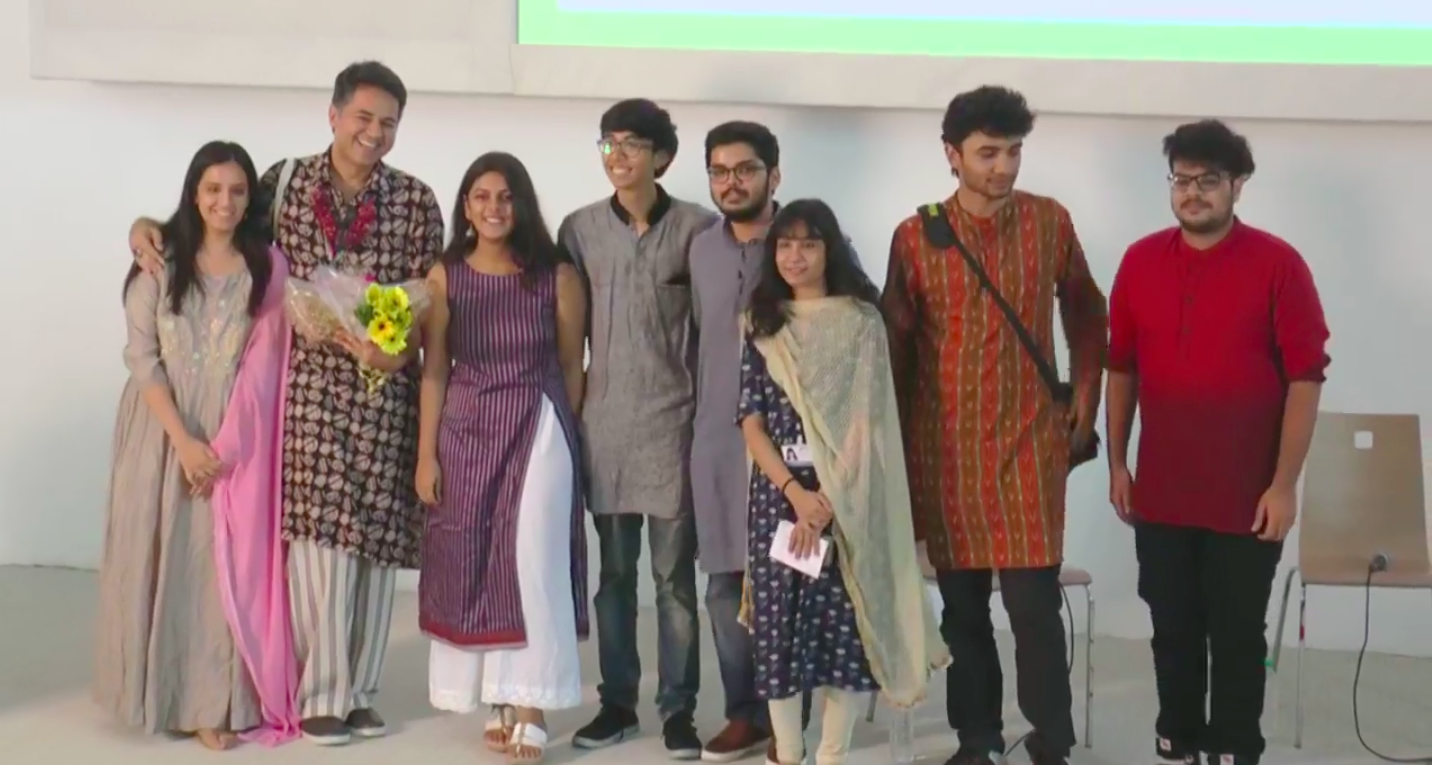
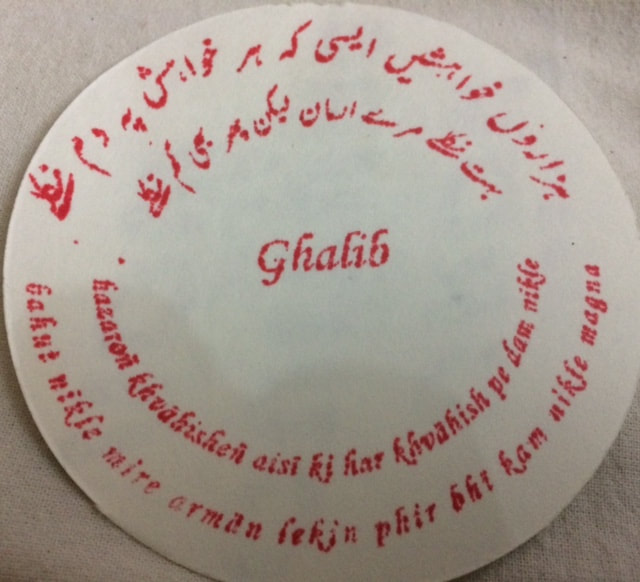
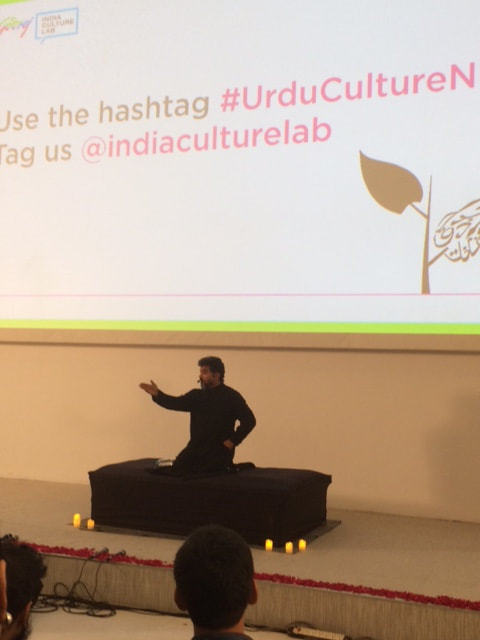
 RSS Feed
RSS Feed
